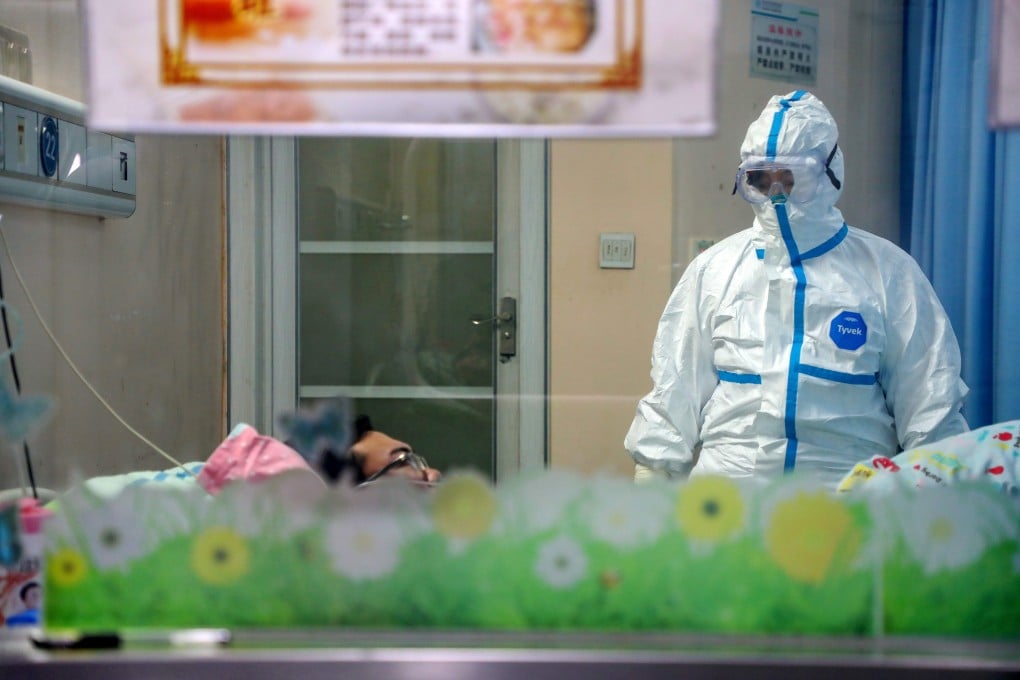Coronavirus: Wuhan may be home to 75,815 infected, report says
- Findings by scientists at Hong Kong University based on the assumption that each infected patient could have infected 2.68 others
- Meanwhile, numbers of new infections and deaths set daily records

The research, published in The Lancet on Saturday, is based on the assumption that each infected person could have passed the virus on to 2.68 others. The estimated total was as of Tuesday, it said.
Meanwhile, the number of new confirmed cases and deaths from the coronavirus in mainland China have hit record daily levels.
Authorities in Hubei province, the epicentre of the outbreak, reported 45 new deaths and 1,347 new confirmed cases on Saturday – both daily highs. Of the newly reported deaths, 33 were in Wuhan, the provincial capital, according to the Hubei Health Commission.
According to the National Health Commission in Beijing, 11,791 cases had been confirmed across the country as of Friday. The new deaths took the nationwide toll to 259.
Also on Saturday, Huanggang – a city of about 7.4 million people – became the first in Hubei to impose strict restrictions on people leaving their homes, saying that just one family member was allowed out to buy necessities every two days.